 |
| (Photo courtesy of Keziah Ginger Daum) |
18-year-old Keziah Ginger Daum wanted a unique prom dress, so she visited a vintage shop in downtown Salt Lake City. The dress she chose was a qipao, a traditional Chinese dress that has become a cultural symbol of Chinese female empowerment.
In the week since Daum posted her prom photos on Twitter, her outfit has come to symbolize a debate over cultural appropriation. Many online have called her out for ignoring the history of the qipao and turning her prom into just another instance of white people wearing offensive things.
“My culture is not your prom dress,” Jeremy Lam responded on Twitter. Lam continued to explain the history of the garment, which evolved from “a loose dress/garment without shape, made for Chinese women to clean the house and do other domestic chores with” to “a beautiful form-fitting outfit to wear publically, which Chinese women were not allowed to do during the times of extreme patriarchal oppression.”
Instead of apologizing or walking back the concept behind her outfit, Daum stood her ground. “I don’t see the big deal of me wearing a gorgeous dress I found for my last prom,” she wrote on Twitter. “If anything, I’m showing my appreciation to other cultures and I didn’t intend to make anyone think that I’m trying to be racist. It’s just a dress.”

(Photo courtesy of Keziah Ginger Daum)
“I chose the dress because I admired it and its cultural history,” Daum tells Yahoo Lifestyle. “Some argue cultural appropriation. However, it wasn’t. I was in no way making fun of the culture. I was quite surprised because I did this out of love.”
Others argue that her intention is irrelevant when it comes to cultural appropriation. Lam offers a distinction to the line between homage and appropriation on Twitter: “I think that it would be acceptable and appreciative if you did research on the traditional clothing, educate yourself of its importance and gain permission from multiple people from that culture to wear it in certain settings.”
Others have accused Daum of outright racism or ignorance, while friends and fans are coming to her defense.
Um, it’s not “just a dress.” That particular dress is a traditional garment with a lot of history behind it. If you don’t understand that then you DEFINITELY don’t respect the culture like you claim to.— Our Lady of Vengeance ♥️ (@_thats_a_bingo) April 30, 2018
“just a dress”? that’s my culture you’re wearing. i would understand if you wear this to a chinese related event but this is not appreciation to my culture. stop brushing off poc’s concern when they tell you it’s offensive— jane. iKONTV 04.21!!!!!!! (@IKONJASHIK) April 29, 2018
You looked amazing & very happy. People really just need to chill tf out & stop trying to steal your joy out of jealously and ignorance. Sorry about your drama; bc that’s how I saw this.. But as a positive voice; you looked flawless. ♥️— Kaylea (@kayleaspurlin) April 29, 2018
As the overwhelming response to one teen’s prom dress indicates, there’s a need to explore and credit Asian influences in pop culture. Nicki Minaj’s latest single “Chun Li,” influenced by a character from the video game Street Fighter II, explicitly references Asian culture with lyrics like “ I went and copped the chopsticks / put it in my bun just to pop sh*t.” The single also spurned the #ChunLiChallenge on social media, in which fans “recreate” Asian stereotypes like double buns and chopsticks in the hair. Of the almost 8,000 #ChunLiChallenge posts on Instagram, how many participants understand the cultural weight of chopsticks as a hair accessory? As David Yi writes, “ it allows mistreatment of Asian culture to flourish.”
Earlier this month, Bella Hadid appeared in a new Instagram feed for her alter-ego, an apparently Japanese-inspired creation named Rebekka Harajuku. While it’s unconfirmed whether Hadid herself runs the account, it’s clear that the model is exploring the line between appreciation and appropriation as she poses with a Japanese cab driver and blows kisses at a pair of chopsticks in her photos.
One way to stay on the right side of cultural appropriation: Education. Daum may not have understood the significance of the qipao, and Nicki Minaj may not have done the research into why her fans shouldn’t be reposting videos of themselves with chopsticks in their hair. But the ignorance that comes from privilege isn’t an excuse. Before you buy that Asian-inspired outfit, we recommend Googling it.
Do you have a hot story or scandal you would like us to publish, please reach us through toktok9ja@gmail.com or WhatsApp: +2348033498347
ATTENTION! ATTENTION!! ATTENTION!!! ADVERTISE ON TOKTOK9JA AND REACH OUT TO YOUR DESIRED AUDIENCE: HERE

Professional freelancer and webmaster.


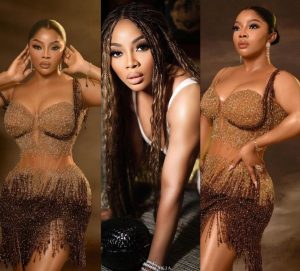










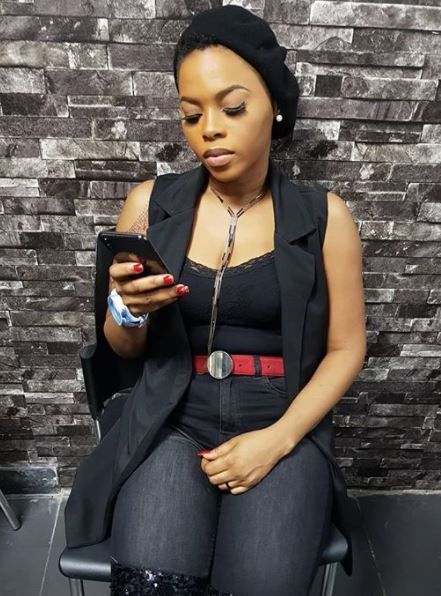



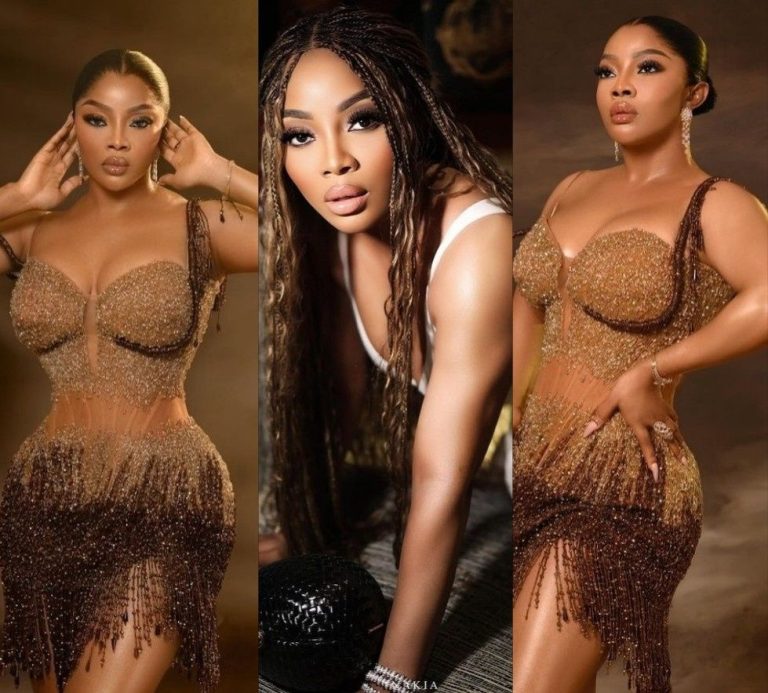
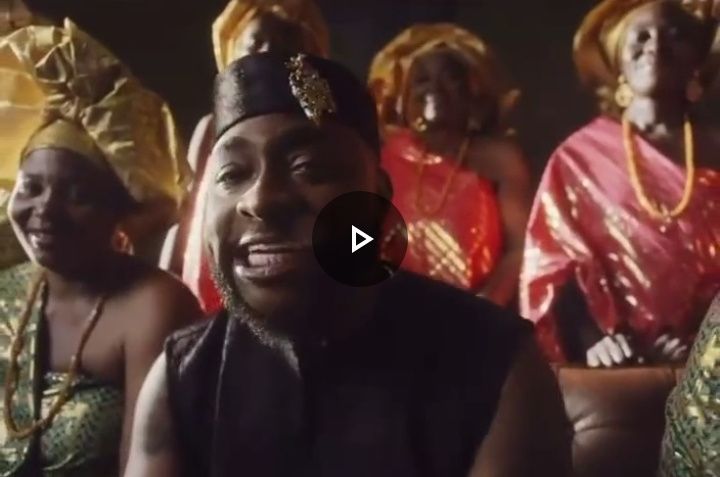
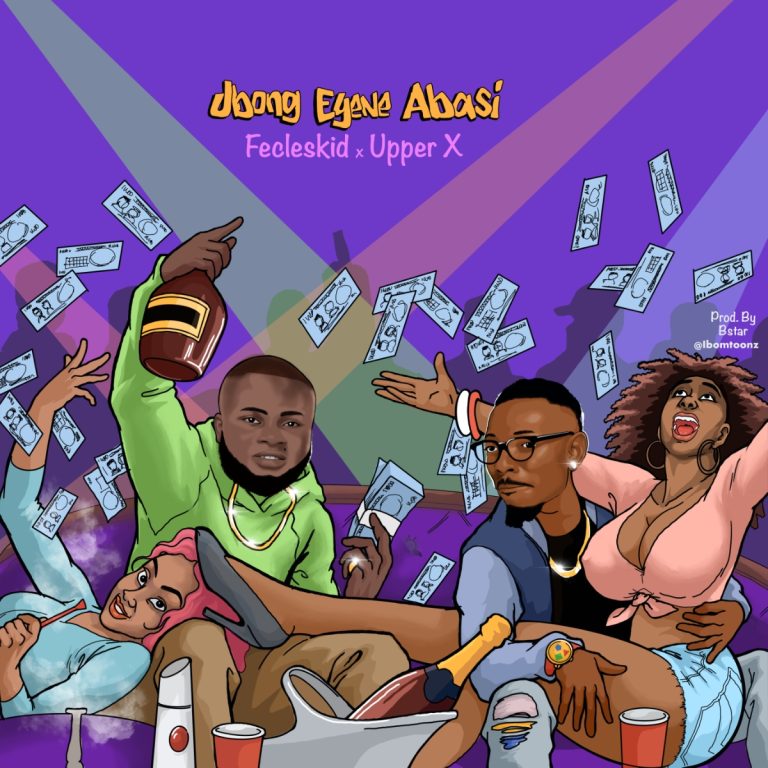



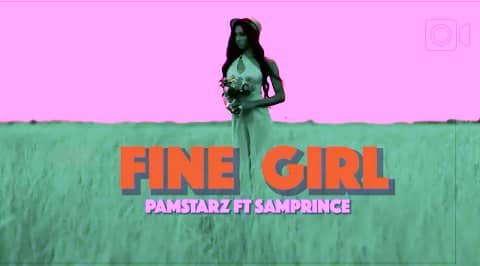

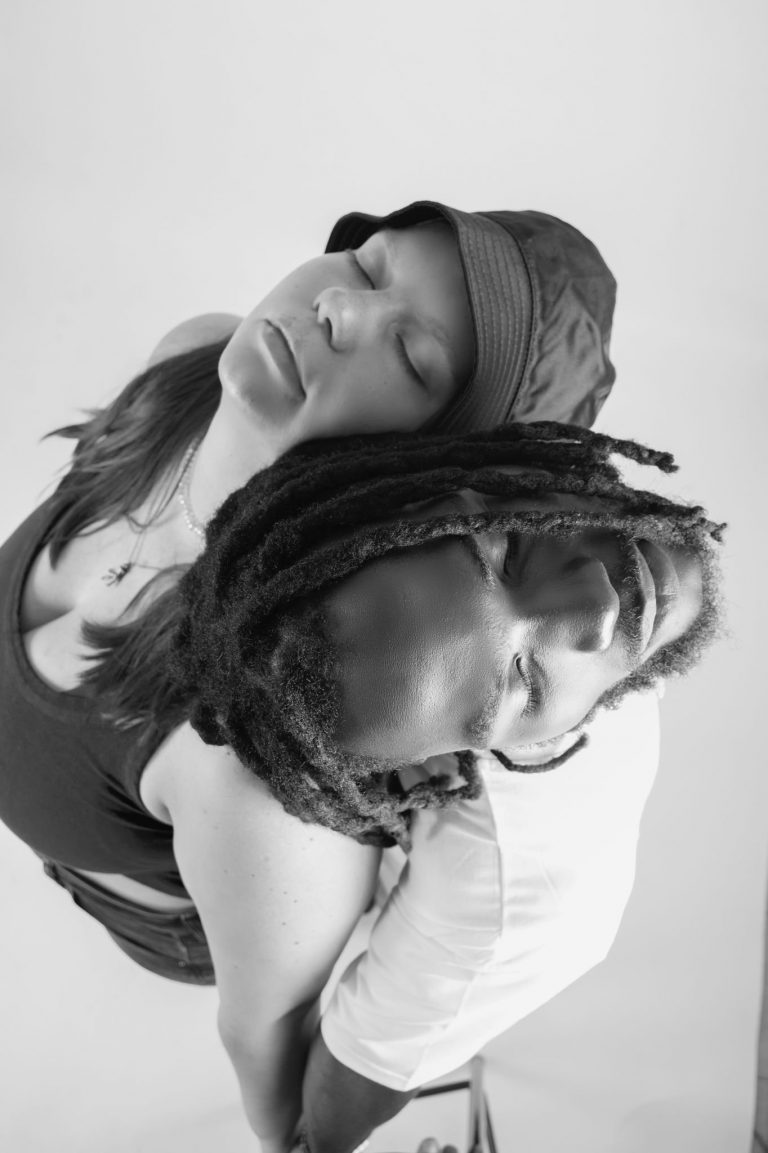
+ There are no comments
Add yours